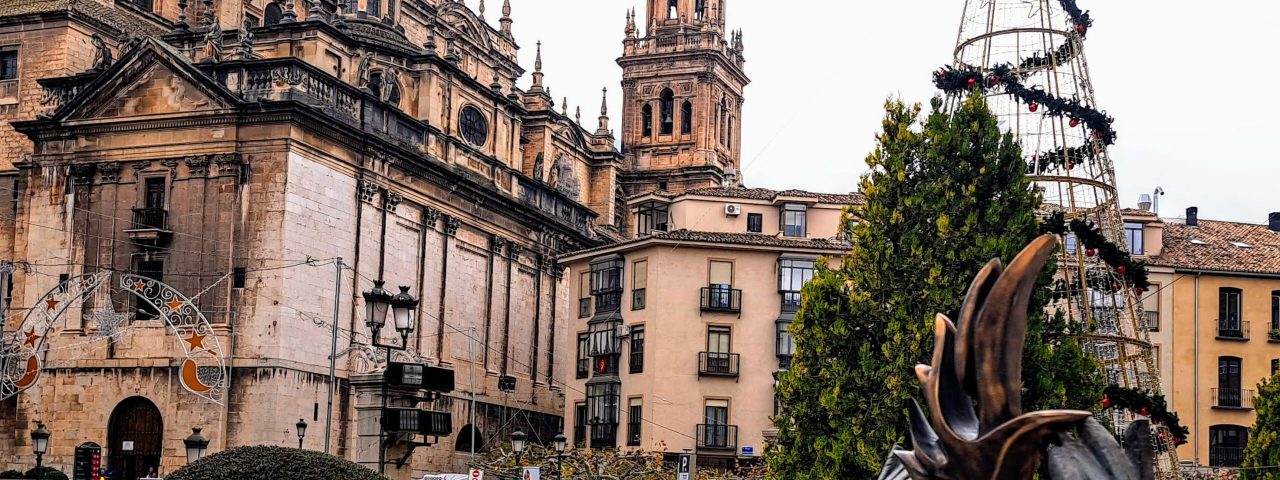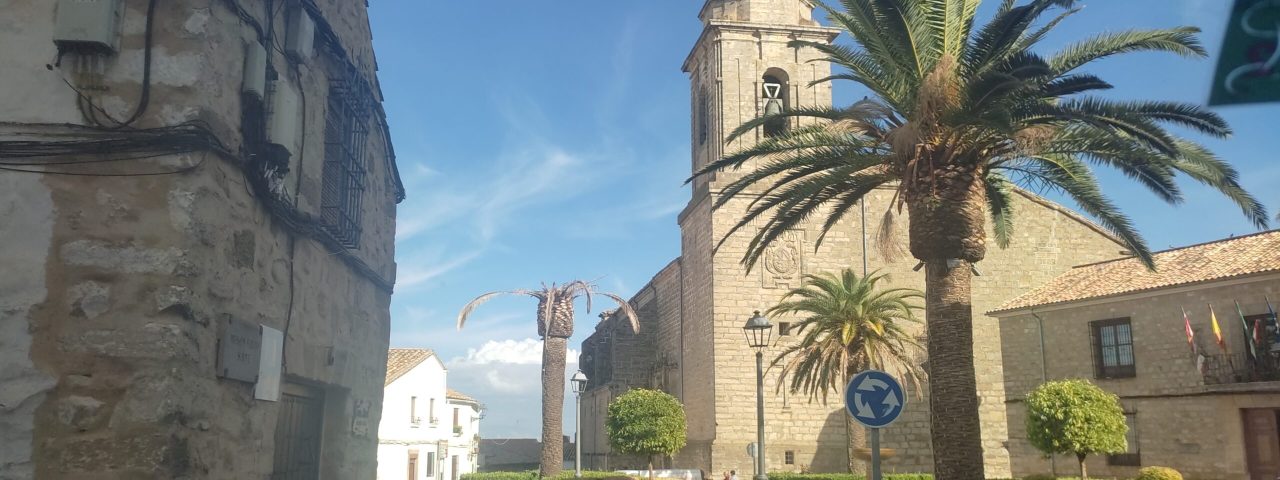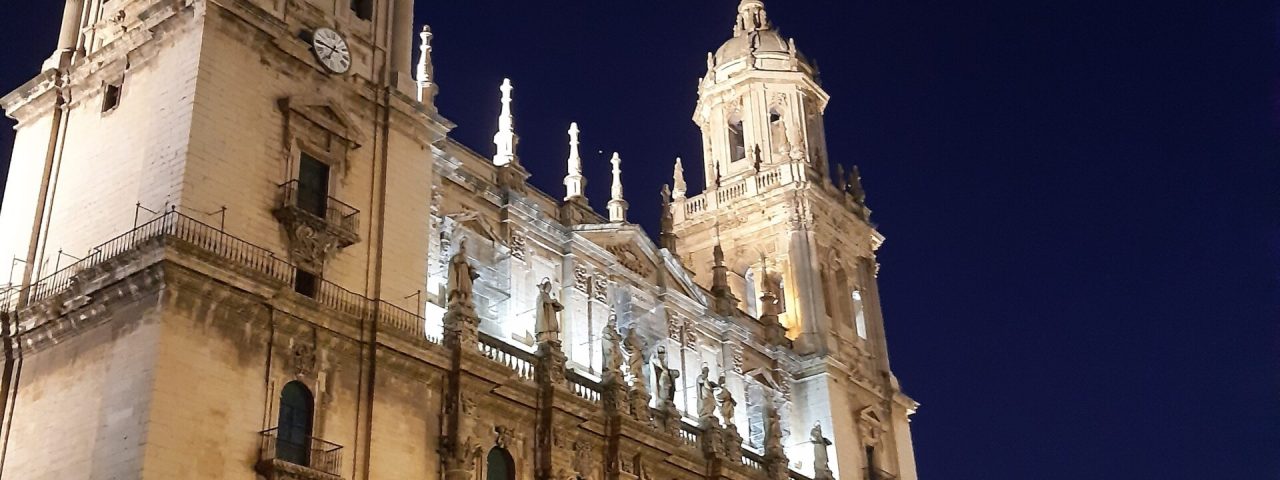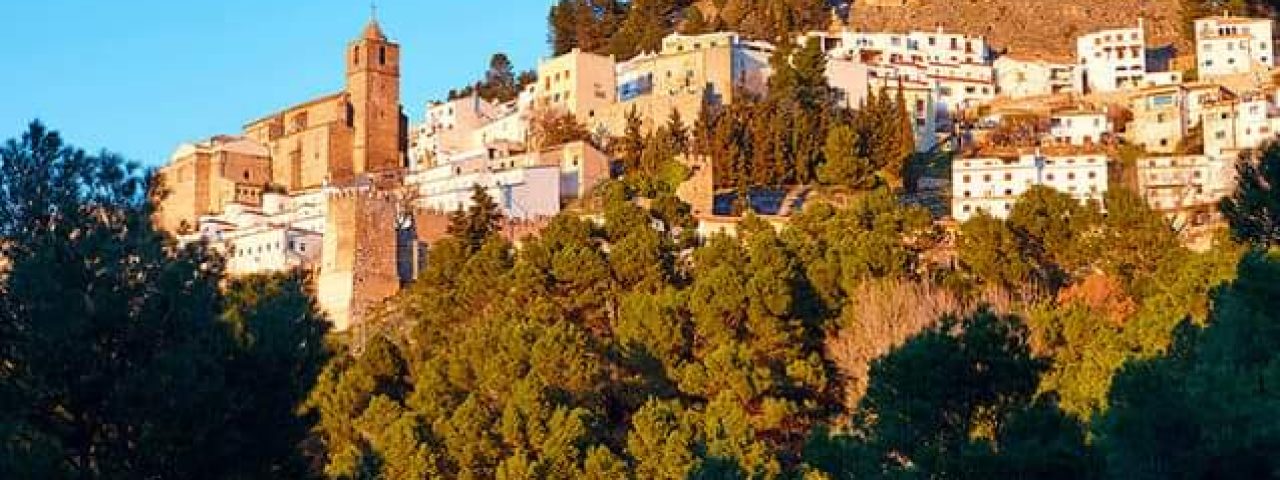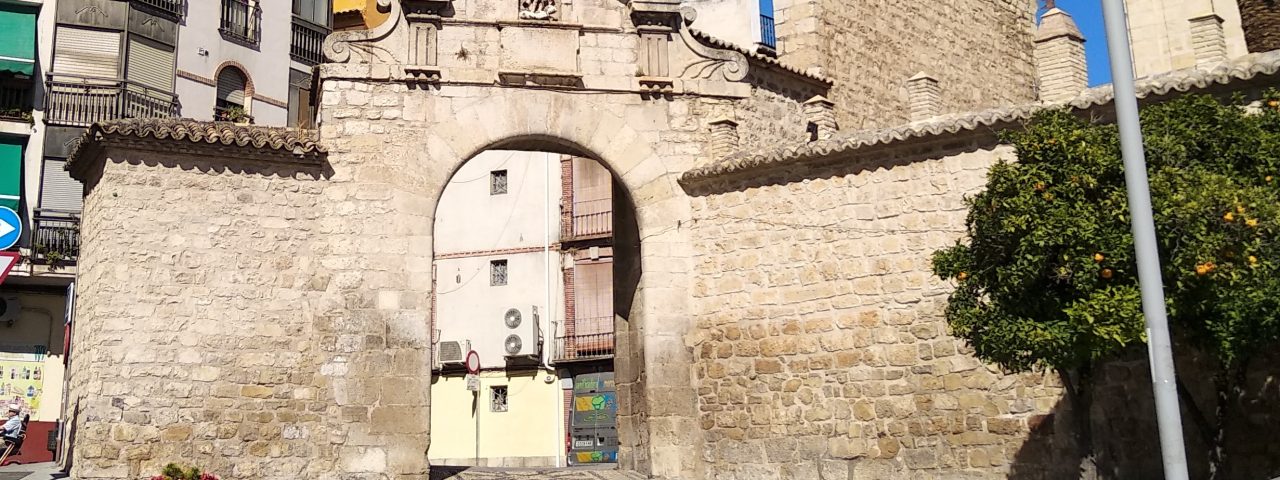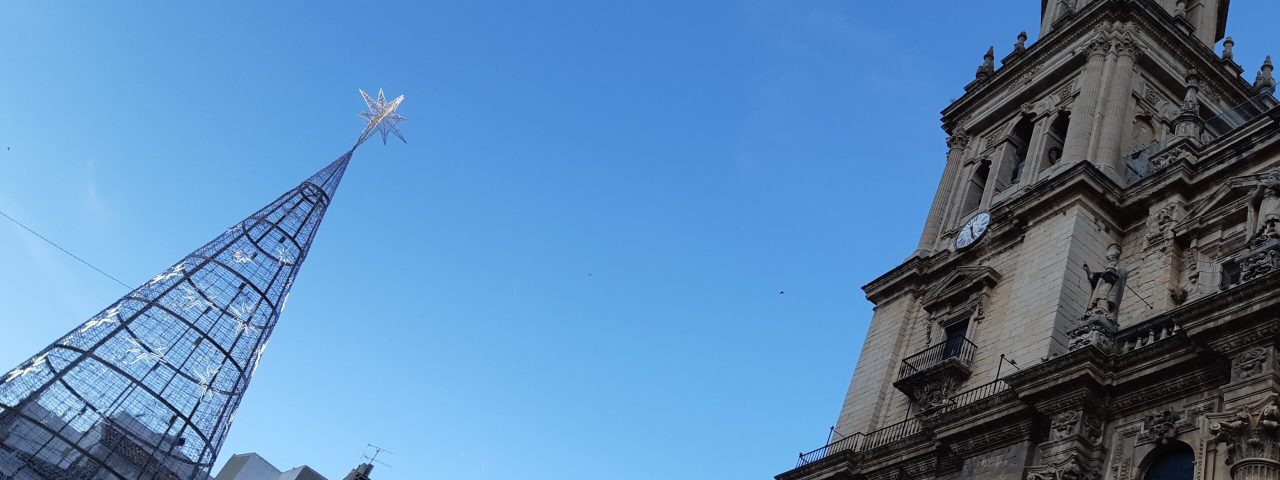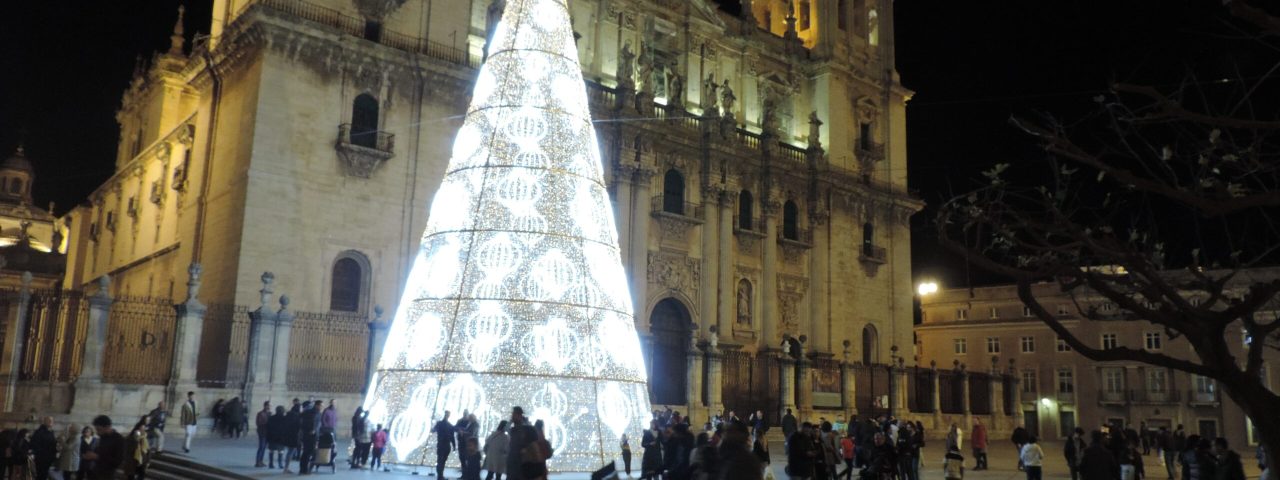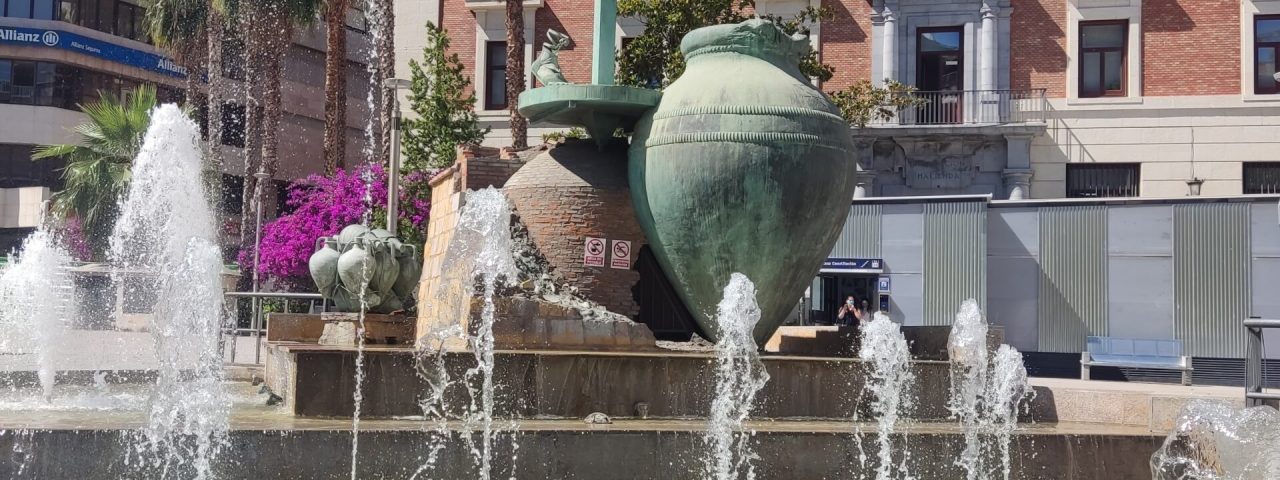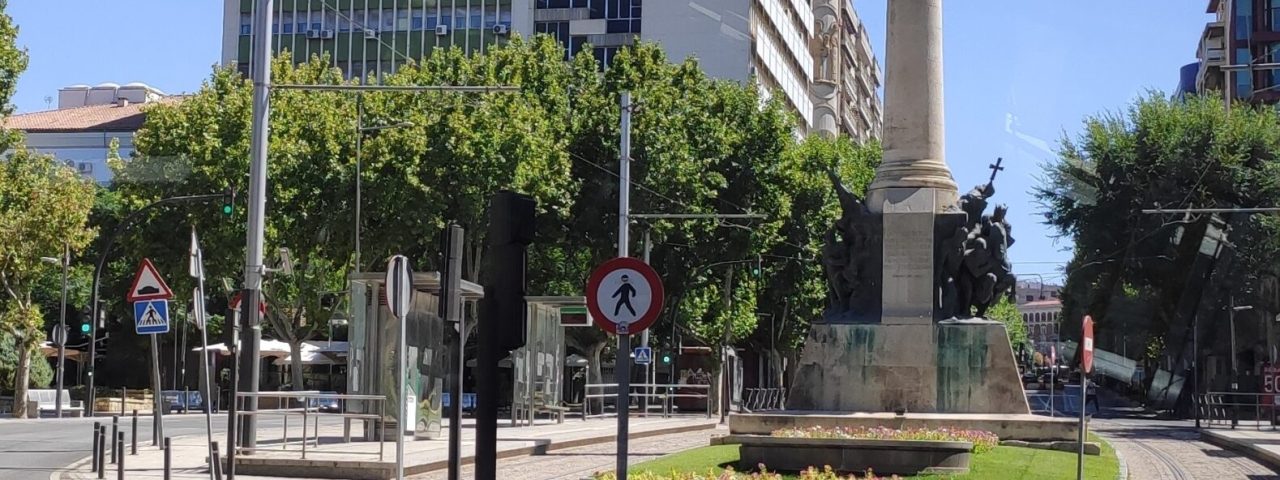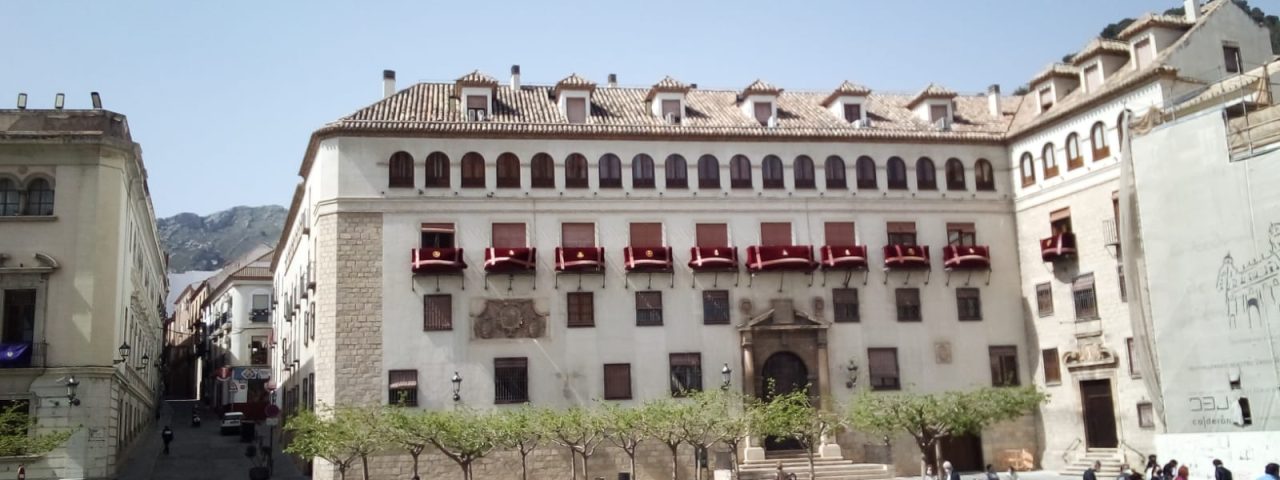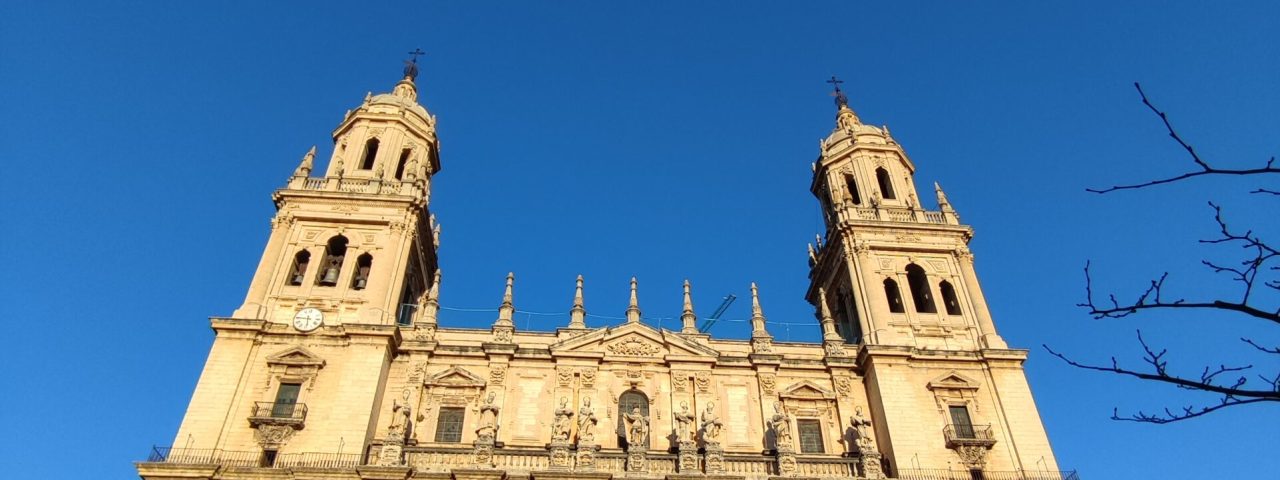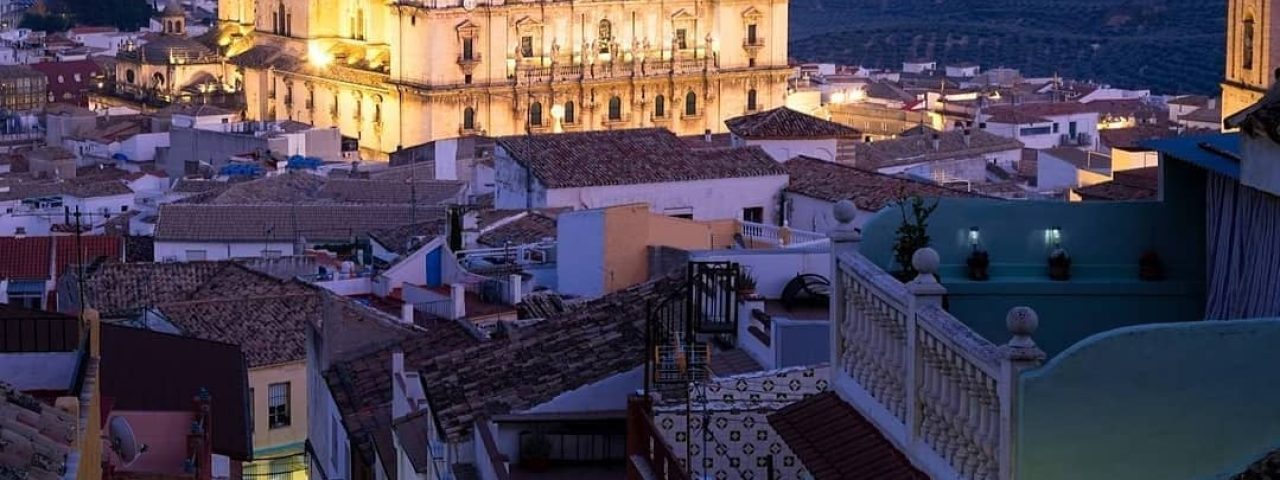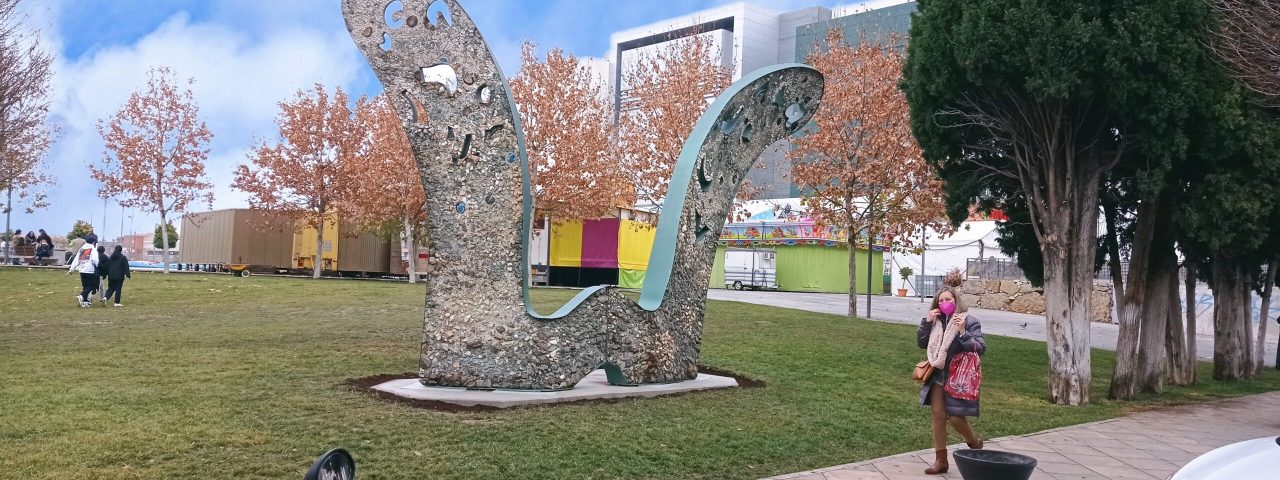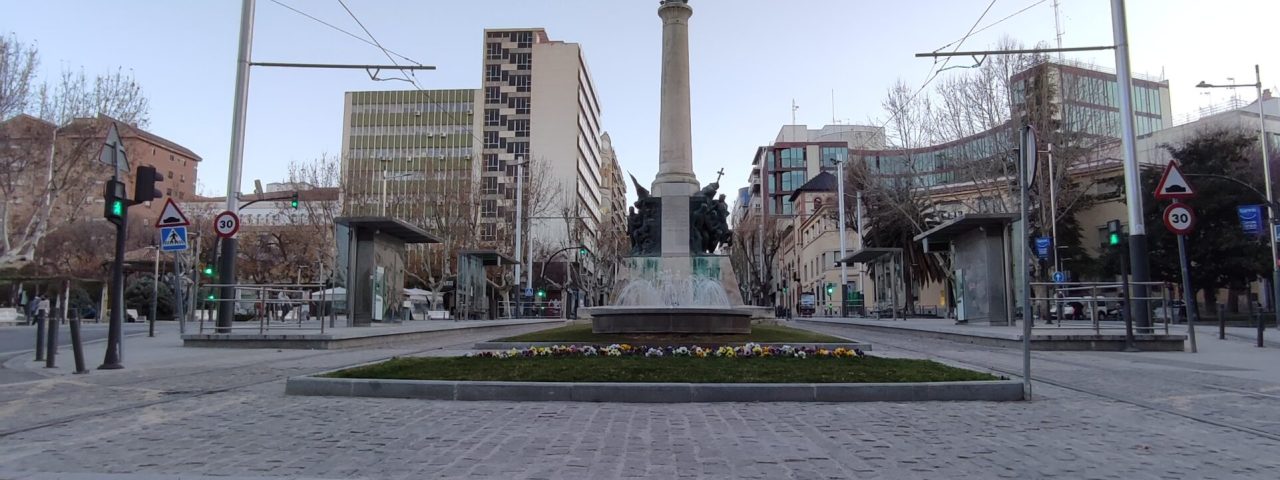Jaén’s history stretches back millennia, with significant influences from the Iberians, Romans, Moors, and Christians. During Roman times, Jaén was an important settlement due to its strategic location and fertile lands. However, it was under Moorish rule that the city truly flourished, with the construction of the imposing Santa Catalina Castle, which still dominates the city’s skyline today. The Reconquista in the 13th century saw the city reclaimed by the Christians, leading to the construction of the Jaén Cathedral, a masterpiece of Renaissance architecture.
The city is steeped in cultural traditions, many of which are still celebrated today. One of the most notable festivals is Holy Week (Semana Santa), a religious celebration where elaborate processions wind through the streets, showcasing centuries-old brotherhoods and traditions. Flamenco music and dance, deeply rooted in Andalusian culture, are also prevalent in Jaén, with performances and festivals regularly taking place throughout the year.
Local customs include a deep connection to olive oil production, known as “liquid gold” in the region. Jaén is considered the world capital of olive oil, and this product shapes much of the local cuisine and culture. Visitors can explore this tradition through olive oil tastings, visits to local mills, and festivals dedicated to celebrating the olive harvest.
